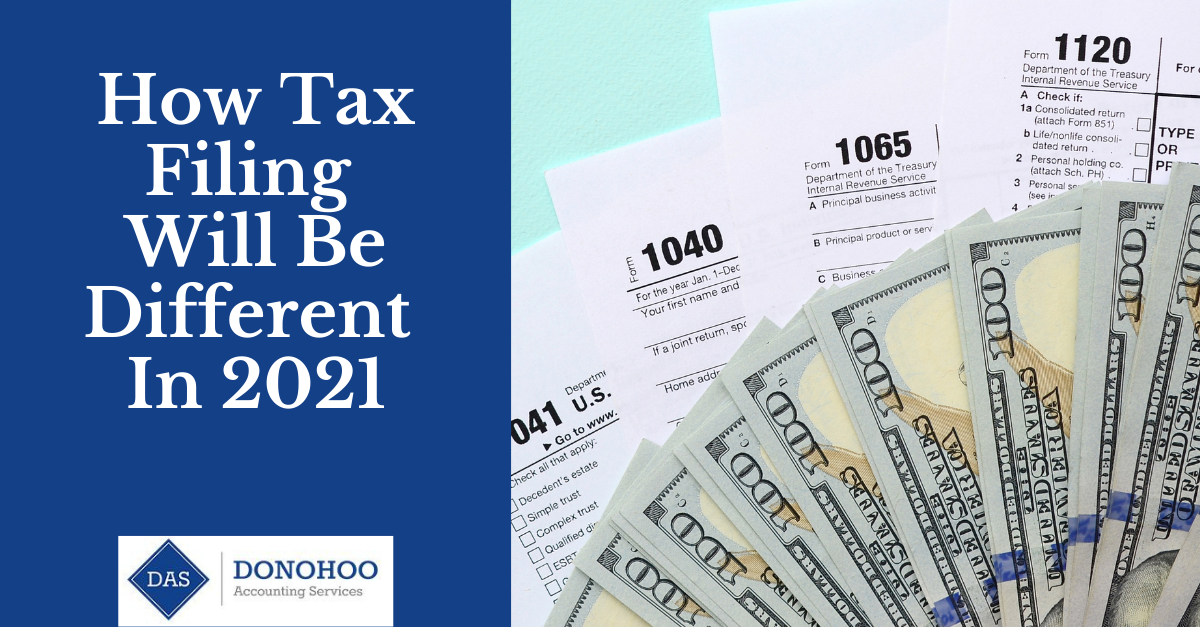Payment Options If You Owe The IRS
Owing money to the IRS is a stressful predicament, but one that many Americans find themselves in each year. Being indebted from years prior can put a strain on your present-day budget, and make it challenging to plan for future purchases. So, if you do owe the IRS money, what are your choices? Thankfully, there are many options for taxpayers out there, each with its own pros, cons and protocol.
Option 1: Pay Your Balance In One Lump Sum
If you are able to, paying your taxes in one lump sum before the annual tax deadline is your best option for avoiding any penalties or interest. For each month your debt remains, you incur compounding 5 percent interest, which will increase to as much as 25 percent after 6 months. This means that if you don’t pay a $3,000 tax bill, you could owe as much as $2,250 in interest, in addition to the balance, after six months.
Option 2: Settle Your Balance In Two Payments
If you can make half of your payment now and half within 45 days of the tax deadline, you can send a partial payment using the Form 1040-V. The IRS will contact you to let you know how much of your balance is left over, and any other fees you owe. Pay your second amount (either by check, direct deposit or credit card) within the 45 days.
If you decide to pay with your credit card, be sure you will be able to fully pay the balance on your card. The outstanding balance may impact your credit and, depending on where you are at with the IRS, your interest payments may be even more coming from your creditors than the IRS.
Option 3: Petition The IRS To Enroll In An Installment Plan
Know you won’t be able to make your payment this year, but anticipate being able to pay it within six years? An installment plan may be the right option for you.
The IRS does not give this option to everybody, so be sure to make your offer sound. Most first-time applicants are accepted, and as long as you fulfill your promise to the IRS, this can be a great option for many taxpayers.
Option 4: Apply For An Offer-In-Compromise
For those who owe more than they will ever be able to pay, the IRS offers an offer-in-compromise option. The IRS will evaluate your unique situation, and determine if you qualify to pay less than what you owe. They will forgive an agreed upon amount, which can be negotiated between you and your tax representative.
Regardless of which route you take, know that you are not alone. Many people find themselves indebted to the IRS, which is why they have created these options for you.
Interested in talking to a tax expert about which option is best for your situation? Donohoo Accounting Services has been preparing tax returns and helping small businesses with their financial needs for more than two decades. For questions or more information, contact Donohoo Accounting Services today for your free consultation. For more tips and our latest updates, check us out on Facebook, Twitter or LinkedIn!








